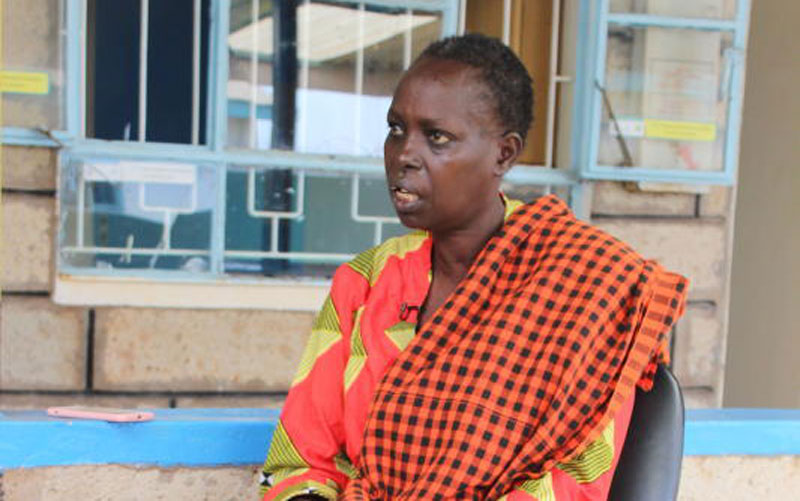
Judith Karuitha, whose condition was misdiagnosed as cancer. She had TB of the spine. [Courtesy]
Forty-two-year-old Judith Karuitha sits on a bench at the Meru Teaching and Referral Hospital, her head supported by a folded Maasai shuka. She is happy that she can walk on her own.
“I was in a bad state; I was just in bed. People would carry me around because it was even hard to move my hand,” she says.
Facts First
Unlock bold, fearless reporting, exclusive stories, investigations, and in-depth analysis with The Standard INSiDER subscription.
Already have an account? Login
 The Standard Group Plc is a multi-media organization with investments in media
platforms spanning newspaper print
operations, television, radio broadcasting, digital and online services. The
Standard Group is recognized as a
leading multi-media house in Kenya with a key influence in matters of national
and international interest.
The Standard Group Plc is a multi-media organization with investments in media
platforms spanning newspaper print
operations, television, radio broadcasting, digital and online services. The
Standard Group is recognized as a
leading multi-media house in Kenya with a key influence in matters of national
and international interest.











